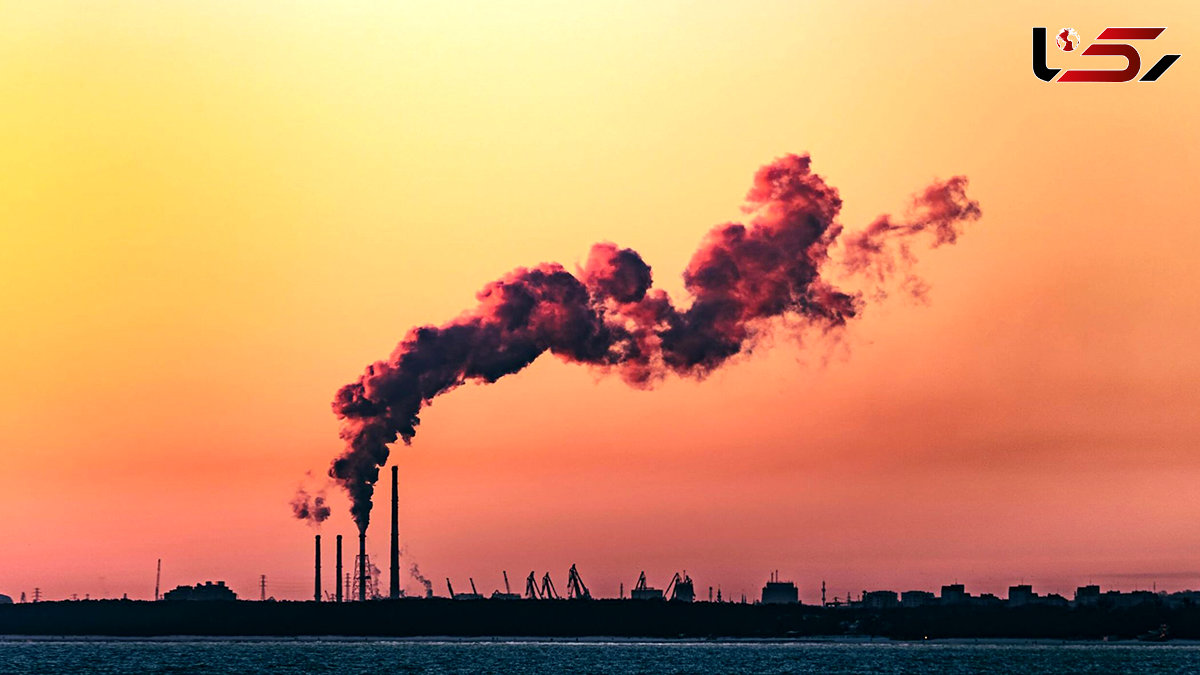Global Fossil Fuel Production Plans Threaten Climate Targets, New Report Warns
Rokna Economic Desk: Governments worldwide are planning to increase coal, oil, and gas production in the coming decades, threatening to derail global climate targets and push temperature rises beyond 1.5°C.

According to Rokna, new data from the Production Gap 2025 report reveals that governments around the world are planning to expand coal, oil, and gas extraction at levels that could make achieving international climate targets impossible. The report, compiled by the Stockholm Environment Institute (SEI), Climate Analytics, and the International Institute for Sustainable Development (IISD), shows that planned fossil fuel production in 2030 would exceed the levels compatible with limiting global temperature rise to 1.5°C above pre-industrial levels by more than 100%.
Experts say that despite repeated commitments at UN climate summits to transition away from fossil fuels, nations are increasing production plans compared to 2023, undermining the Paris Agreement goals. Emily Ghosh, programme director at SEI, stated: “Fossil fuel production should have peaked and started to decline. Each year of delay significantly increases pressure on the climate.”
Among the 20 largest fossil fuel producers analyzed—including the US, Russia, Saudi Arabia, China, Canada, Brazil, Australia, and the UK—only the UK, Australia, and Norway plan to reduce oil and gas output by 2030. Meanwhile, countries such as India, Russia, Colombia, and Australia are increasing coal mining, further straining global climate objectives.

The report emphasizes that mitigating climate change requires more than production cuts. Governments must expand renewable energy, improve energy efficiency, and align demand-side measures to prevent overreliance on fossil fuels. Neil Grant from Climate Analytics highlighted that while renewable energy growth has been significant, fossil fuel demand remains strong, delaying the transition.
With world leaders gathering in New York this week for the UN General Assembly, António Guterres, the UN Secretary-General, is expected to urge countries to commit to substantial emissions reductions ahead of the COP30 summit in Brazil. Experts warn that without urgent policy shifts, current plans could rapidly deplete the remaining global carbon budget and make the 1.5°C goal unattainable.
Send Comments